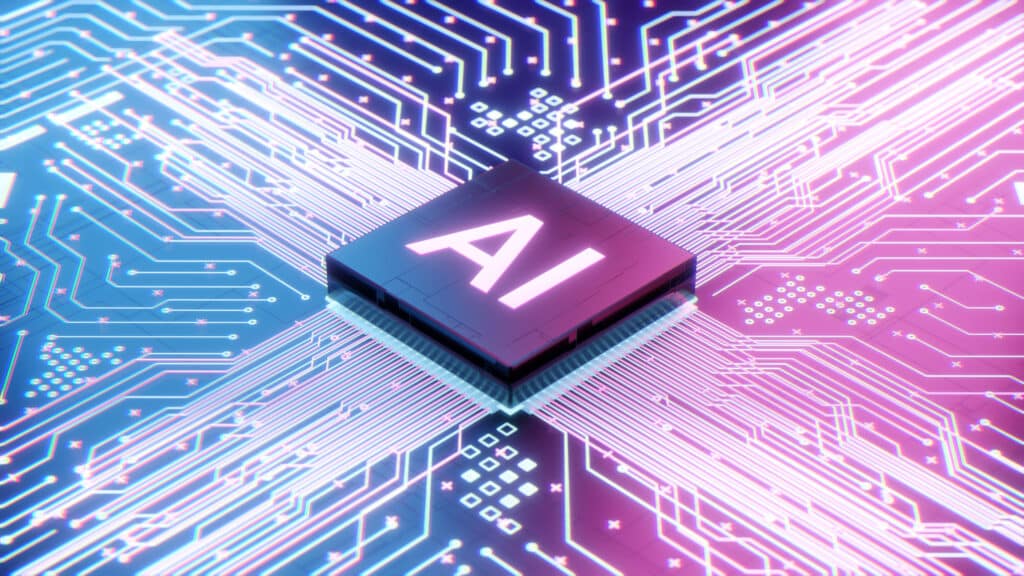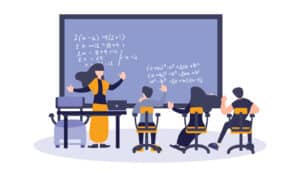In an era where artificial intelligence (AI) is increasingly becoming a staple in many industries, a pressing question arises: What jobs are safe from AI? As technology advances, the landscape of employment is changing, with some roles becoming obsolete while others gain prominence. This blog post aims to explore the sectors and job types that are likely to remain resilient in the face of AI advancements.
The Human Touch: Jobs That AI Can't Replace
Complex Human Interaction: Professions that involve nuanced human interaction, empathy, and personal judgment, such as psychologists, counselors, and social workers, are areas where AI cannot easily replicate the human touch. These roles rely on understanding human emotions, a feat that AI has yet to master.
Healthcare Professionals: While AI can assist in diagnostics and research, the hands-on care provided by nurses, doctors, and other healthcare professionals is difficult to automate. The empathetic patient care and complex decision-making involved in healthcare make these professions less likely to be replaced by AI.
Advanced Problem-Solving: Jobs that require complex problem-solving abilities, especially those in unpredictable environments, are safer from AI. These include roles in emergency response, strategic planning in business, and high-level research and development.
Education and Training: Educators and trainers play a crucial role in developing human potential. AI can provide tools for learning, but the mentorship, guidance, and personalized teaching that educators offer are not easily automated.
Skilled Trades: Skilled trades that require manual dexterity and adaptability in a physical environment – such as electricians, plumbers, and carpenters – are challenging for AI to replicate. These jobs often involve unique situations that require on-the-spot problem-solving and fine motor skills.
Legal and Ethical Decision-Making: Roles that involve legal judgment, ethical considerations, and complex negotiations, such as judges, lawyers, and diplomats, require a depth of understanding and moral reasoning that AI cannot replicate.
The AI-Proof Skills: What to Focus On
In a world increasingly augmented by AI, certain skills can safeguard your career. These include:
- Emotional Intelligence: The ability to understand and manage emotions is a uniquely human skill that AI is far from mastering.
- Critical Thinking: The ability to think critically and evaluate information from multiple perspectives is essential in decision-making processes.
- Adaptability and Learning: The willingness to adapt and continually learn new skills is crucial in staying relevant in the job market.
- Interpersonal Skills: Skills in communication, negotiation, and conflict resolution are vital in many professions and are not easily automated.

Looking to the Future
As AI continues to evolve, it’s clear that certain jobs are more likely to remain safe from automation. These roles typically require a high degree of creativity, emotional intelligence, complex problem-solving, or manual dexterity. Focusing on developing skills that are uniquely human and adapting to changes in the employment landscape are key strategies for ensuring career longevity in the age of AI.
In summary, while AI will undoubtedly change the job market, it is not an all-encompassing threat to employment. There will always be a need for jobs that require the nuanced, creative, and empathetic capabilities that only humans possess. As we navigate this new era, it’s important to remember that AI is a tool meant to augment human abilities, not replace them.






